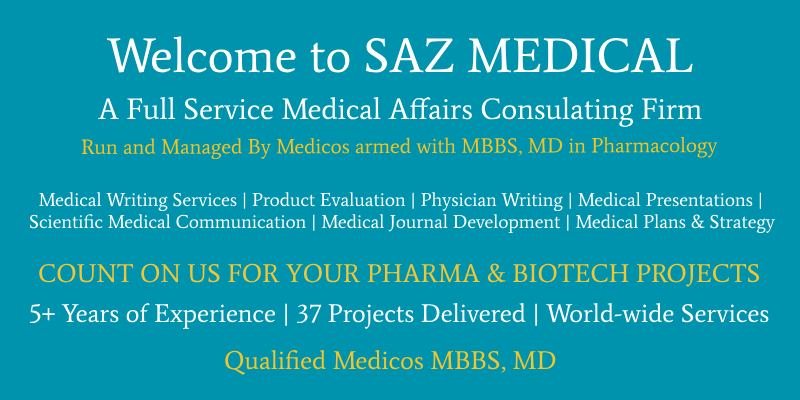Medical Literature Review Services
The Essence of Medical Literature Review: A medical literature review is a comprehensive and systematic analysis of existing literature relevant to a specific medical or healthcare-related topic. This process involves synthesizing, critically evaluating, and summarizing the findings of various studies, articles, and publications. The primary goal is to provide a comprehensive overview of the current state of knowledge on a particular subject and identify gaps or areas that require further investigation.

Informing Evidence-Based Practice: Medical literature review services play a crucial role in informing evidence-based practice (EBP) in healthcare. EBP involves integrating the best available evidence with clinical expertise and patient values to make informed and effective healthcare decisions. By synthesizing and analyzing existing literature, these services provide healthcare professionals with a foundation of knowledge upon which they can base their clinical decisions. This, in turn, contributes to improved patient outcomes and the delivery of high-quality care
Identifying Research Gaps: One of the key benefits of medical literature review services is their ability to identify research gaps. As researchers delve into existing literature, they can pinpoint areas where additional studies are needed. This is essential for advancing medical knowledge and addressing unanswered questions in various fields. By highlighting these gaps, literature reviews guide researchers in designing new studies that contribute to the overall body of knowledge. Medical literature review services uphold the standards of rigor and accuracy in the evaluation of scientific literature. The process involves a meticulous examination of study methodologies, statistical analyses, and results. This critical appraisal helps to ensure that only high-quality, reliable information is included in the review. As a result, healthcare professionals and researchers can trust the conclusions and recommendations drawn from the literature review. Another crucial aspect of medical literature review services is their role in disseminating knowledge. By consolidating and summarizing relevant information, these services contribute to the efficient transfer of knowledge within the medical community. Researchers, clinicians, educators, and policymakers can access comprehensive reviews that provide a holistic understanding of a specific topic, facilitating informed decision-making and fostering collaboration among professionals. Researchers often turn to medical literature reviews when developing research proposals or seeking grant funding. A well-conducted literature review strengthens the rationale for a new study by demonstrating the existing knowledge base, the gaps that need addressing, and the potential impact of the proposed research. This is instrumental in securing funding and support for innovative projects that contribute to advancements in medical science.
Conclusion:
In conclusion, medical literature review services are integral to the progress and evolution of healthcare research. Their contribution to evidence-based practice, identification of research gaps, maintenance of rigor and accuracy, dissemination of knowledge, and support for research and grant proposals underscores their significance in the dynamic landscape of medical science. As technology continues to reshape the way information is accessed and shared, the role of these services becomes increasingly vital in ensuring that healthcare professionals have access to the latest and most reliable information, ultimately leading to improved patient outcomes and advancements in the field.